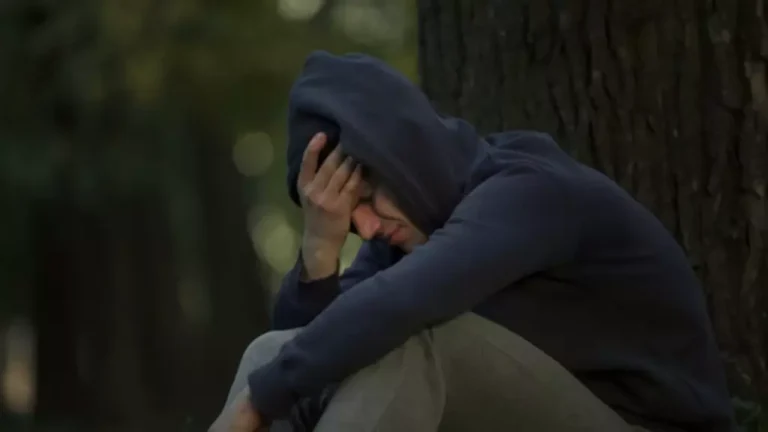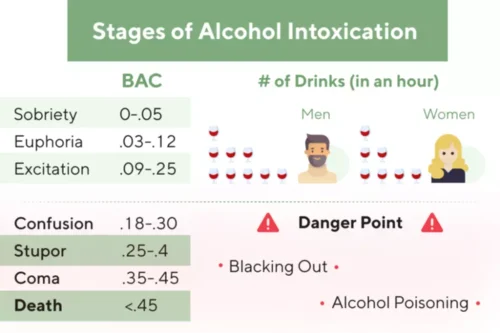
People who don’t feel pushed into something may have a harder time finding an opportunity to refuse. So, although peer pressure is often a destructive force that needs to be overcome, it can also encourage people to behave in ways that are beneficial to themselves and others. Peer pressure is an important part of the social life that is central to the human experience, which of the following is a type of indirect peer pressure? which frames our experiences and development in many ways. Nonetheless, the unspoken peer pressure that happens in schools can be a cause of depression in teens, and that’s why we are going to discuss how parents can help reduce pressure in teens. You might feel pressured to have sex if you’re afraid of what your partner or friends will think if you don’t.

Set Boundaries
In some cases, negative peer pressure comes from people whom we are unable to avoid entirely, such as schoolmates or colleagues. One common social media misrepresentation is when people post the “best” of their lives, creating a false sense of reality. This can lead teens to compare the true reality of their lives to the “picture-perfect” portrayal of others’ lives and feel pressure to keep up.
- Learning the difference between positive and negative peer pressure in the workplace can help you navigate social dynamics and avoid toxic situations.
- The examples mentioned above were studying and participating in sports.
- However, peer pressure can also be positive and encourage better academic performance and healthy habits.
- Peer pressure refers to the negative influence of peers, which can lead individuals to do things they wouldn’t normally do to gain acceptance.
- Simultaneously, the brain’s impulse control centre is still developing.
What are the effects of peer pressure?

To seek social acceptance they end up imitating behaviors of the same social group, i.e wearing the same clothes as their friends, listening to the same music, and watching the same tv shows. Peer pressure can be challenging to resist, but there are effective methods and techniques you can use to stand firm in your values and choices while dealing with peer pressure. Everyone should have specific peer pressure strategies in their back pocket that will help them respond to subtle nudging from peers towards risky activities. Many adults are susceptible to drinking too much because their friends are doing it, or putting work before family because they’re competing with other people in their office for a promotion. This region controls decision-making, impulse control, and motivation. Teens are known to engage in more risky behaviors because they do not always understand the future consequences of their actions.

tips to deal with peer pressure
Having an ally who can intervene when you’re clearly uncomfortable builds motivation to leave tempting situations properly. Providing backup and supporting each other is a proper system which you can carry out with your buddy. When it comes to pressures around alcohol and other drug use, something else to think about is that most students overestimate how many of their peers drink or use drugs.
Teachers Also Have A Positive Influence
If your friends have strict diet or workout regimens, you might feel like you also need to achieve the ‘perfect’ body. But worrying about your body image can leave you feeling burnt out and stressed about how you look. Are you bored with or anxious about calculating the nutritional value of everything you eat? Are your workouts feeling lacklustre, because you’d rather be doing something else? If you recognise yourself in these scenarios, maybe you’re dieting or working out just to fit in with your mates. Wanting to feel part of something can put pressure on you to act in certain ways.
The end goal is to reinforce constructive behaviours while avoiding peer pressure. In the case of teens, parents are rarely concerned about the peer pressure their kids may face to engage in sports or exercise, as these are typically seen as healthy social behaviors. This is OK, as long as the exercise or sport does not become an unhealthy way of coping, excessive to the point of negatively affecting their health, or dangerous (as in dangerous sports).

Social Media in 한국어 (Korean)
- It’s possible that a friend who is peer pressuring you simply wants to spend more time with you or connect with you, but they don’t know how else to ask.
- To stop negative peer pressure, we may practise different ways of saying no or limit our exposure to it, wherever possible.
- Peer pressure is the social influence that others have on your decisions, ideas, and values, whether it’s positive or negative.
If certain friends often encourage activities you regret or leave to avoid peer pressure feeling ashamed, limit time with them. Politely decline invitations that involve the temptation to cross your boundaries. Handling guilt takes practice, but it is worthwhile to listen to your intuition. Keep yourself in hobbies that inspire you, like art, sports, music and anything that makes you really happy.
- Social pressure can affect a wide range of thoughts, actions and behaviors, from academic performance to substance use to mental health.
- Another reason teens may be more vulnerable to peer pressure is the natural desire for social acceptance.
- Clinical psychologist Dr Andrew Adler, a Hong Kong-based clinical psychologist from the US, has seen first-hand the causes and effects of peer pressure on young people.
- For example, ask yourself – do certain friends bring out my best self?
- Even people with the strongest conviction to their values and morals may engage in behaviours that suggest the opposite so as to belong and be accepted among their peers.
